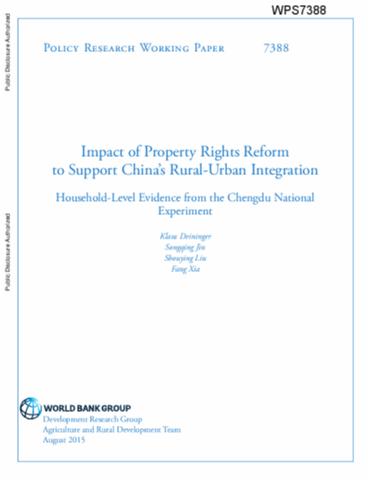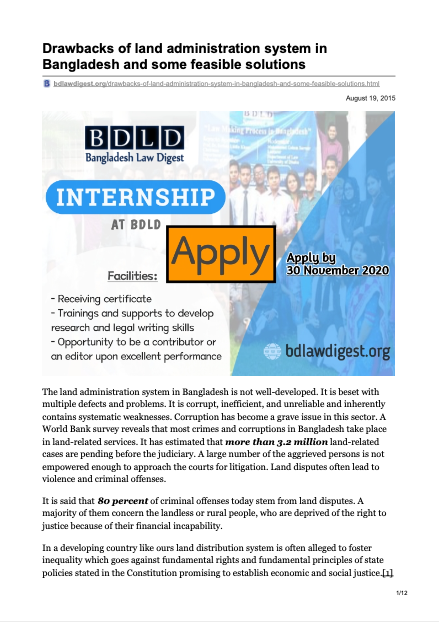Financing for Development
The development community is
increasingly accepting the importance of evidence, feedback,
and learning. Some of which is generated through research,
monitoring, and self-evaluation during policy-making,
program design, and implementation. Others come from
feedback from people directly affected by interventions who
have gained a greater voice, be it through third-party
feedback mechanisms, social media, beneficiary surveys, or



